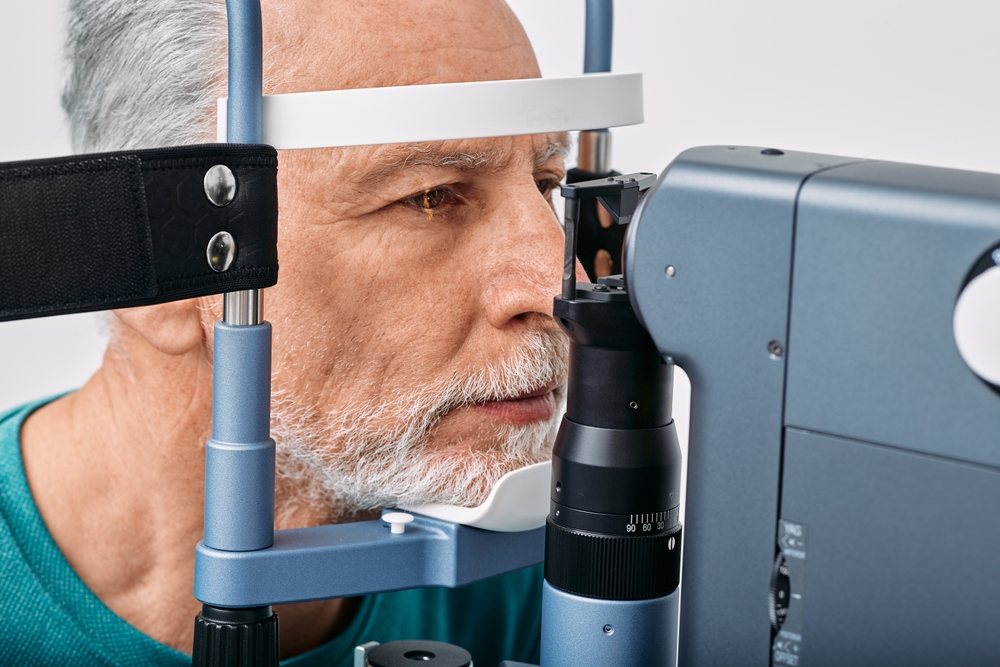
Diabetes is a chronic metabolic disorder affecting millions of people worldwide. It arises when the body either does not produce adequate insulin or fails to use the insulin it produces.
The hormone insulin is responsible for regulating blood sugar levels. Diabetes can lead to cardiovascular disease, neuropathy, and other complications. Unfortunately, many are unaware of its impact on ocular health.
Diabetic Retinopathy
Diabetic retinopathy is an eye condition associated with diabetes. It occurs when the small blood vessels in the retina become damaged due to high blood sugar levels. The retina converts light into electrical signals sent to the brain. It allows you to perceive images. Damaged blood vessels can lead to various vision problems.
Diabetic retinopathy can progress through different stages. It can begin from mild nonproliferative retinopathy to severe proliferative retinopathy. The latter involves the growth of abnormal, leaking blood vessels, leading to swelling and hemorrhages in the retina. Diabetic retinopathy can cause permanent vision loss if untreated.
Diabetic Macular Edema
Diabetic macular edema (DME) is another condition that can arise because of diabetes. The macula is the central part of the retina responsible for detailed central vision. Macular edema results when the blood vessels in the retina leak fluid into the macula. The condition can cause blurred or distorted vision. It can significantly affect a person’s ability to read, drive, or recognize faces.
Cataracts
Cataracts affect many people. However, individuals with diabetes are more likely to develop cataracts at an earlier age and have them progress more rapidly.
A cataract occurs when the clear lens of the eye becomes cloudy. It leads to blurry vision and decreased contrast sensitivity. The lens focuses light onto the retina, enabling clear vision. A cloudy lens hampers the passage of light, leading to visual impairment.
High blood sugar levels associated with diabetes can cause changes in the lens proteins. This leads to the formation of cataracts. Fluctuations in blood sugar levels can contribute to fluid imbalances in the eye. It can further exacerbate the development of cataracts. Proper management of blood sugar levels can help delay the onset and progression of cataracts.
Glaucoma
Glaucoma is an eye condition brought about by damage to the optic nerve that connects the eye to the brain. People with diabetes have a heightened risk of developing glaucoma. The exact mechanism behind this connection is not fully understood. However, high blood sugar levels and poor blood flow may contribute to optic nerve damage.
Importance of Regular Eye Examinations and Diabetes Management
Regular eye examinations are crucial for individuals with diabetes. Comprehensive eye exams can detect the early signs of diabetic eye disease. They allow for timely intervention and management.
Effective management of diabetes minimizes the risk and progression of diabetic eye conditions. It involves maintaining healthy blood sugar levels through medication and diet. Exercise and lifestyle modifications also help. Controlling blood pressure and cholesterol levels is also essential. These factors can influence the progression of diabetic eye diseases.
For more about diabetes and eye health, contact Highlands Optometry at our office in Bristol or Wise, Virginia. Call (276) 466-4227 or (276) 679-5612, respectively, to book an appointment today.






